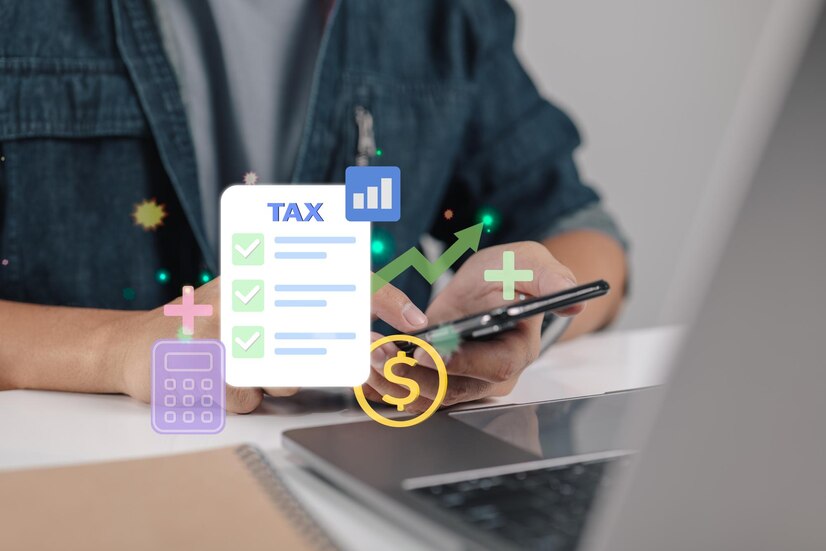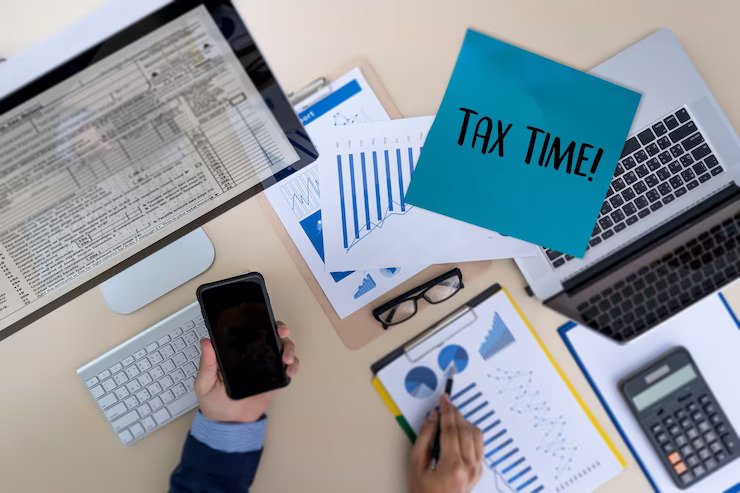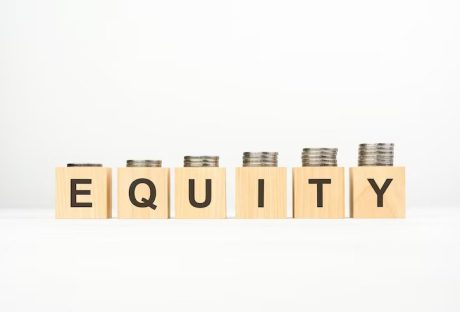The ERC, employee retention tax credit, or employee retention credit, is a hot topic regarding business taxes.
However, it is often overlooked because it originated with the PPP or Paycheck Protection Program. Additionally, as more people are talking about it, it seems that many misunderstandings have caused business owners to believe that they don’t qualify for it when they do.
Some of these misunderstandings stem from prior laws that have since changed, while others are based on the fact that some methods of getting ERC money are more popular than others. Additionally, there are other misunderstandings stemming from scams and confusion about the ERC.
Here Are Four Common Misunderstood Facts About The Employee Retention Tax Credit

Here are some frequent misconceptions regarding the ERC and the truth around them.
1. Two Eligibility Tests
The most notable misconception is that a business must have a decrease in revenue to be eligible for the ERTC. This stems from the eligibility facet that states that companies must have a gross receipts decline compared to their pre-pandemic numbers to be eligible. This is one of the tests used to determine ERC eligibility and is the more popular option. However, some areas of confusion within this test include:
- An increase in revenue doesn’t disqualify you if you still have a decrease in gross receipts.
- This test is based on quarters, so failing to meet it in one quarter doesn’t disqualify you from others.
- There are multiple methods to apply a gross receipt test.
- PPP loan money is not included in the amount you claim for the ERC.
While this is one test, there is also another. Although often overlooked, a full or partial suspension of operation due to government orders can also qualify your business without a decrease in gross receipts. Despite popular belief, you can still be eligible for the credit if you meet this requirement, even if you have an increase in revenue and do not have to shut down your business.
2. Credit Amount
Employers who qualify can receive up to $7,000 per quarter per employee for the first three quarters of the year. Small businesses that opened during the COVID-19 pandemic can receive an extra $7,000 per employee. However, most companies will cap out at $21,000 per employee per year. If you have 100 employees meeting the salary requirements, you could receive $2,100,000.
The ERC is refundable, which means it will be a refund credit for these employers. That means you can still write off other expenses on your taxes and get a return. That can make it more desirable than other tax credits, which must be taken immediately or forfeited.
3. PPP Loan Disqualification
Another common misconception is that receiving funds through the PPP disqualifies employers from ERC eligibility. While that was initially true, recent legislation has changed this.
You can now receive PPP loans and an ERC, but you cannot use the same wage money towards both programs. That means that if you take out a loan, the money from it doesn’t count towards your ERC. Instead, the money that you spend on paychecks in addition to your PPP loan is what matters toward your ERC.
4. Third-Party Assistance
This is more of a warning about issues that have caused concern among business owners. Due to the potential for significant credits, many scams have been established to help business owners file for ERC money.
While some small businesses are qualified to help individuals analyze the ERC laws and apply them for you, there are still scams out there. If you file with third-party help, ensure your chosen company is appropriately qualified.
These misunderstandings have kept many small business owners from applying for the ERC when they were eligible—small business owners who have previously missed out need to consider whether they qualify for the ERC.
If you are eligible, you can receive thousands of dollars in tax credits. That can help your business recover from the recent pandemic and stay afloat amid future financially challenging times.
Read Also:






















